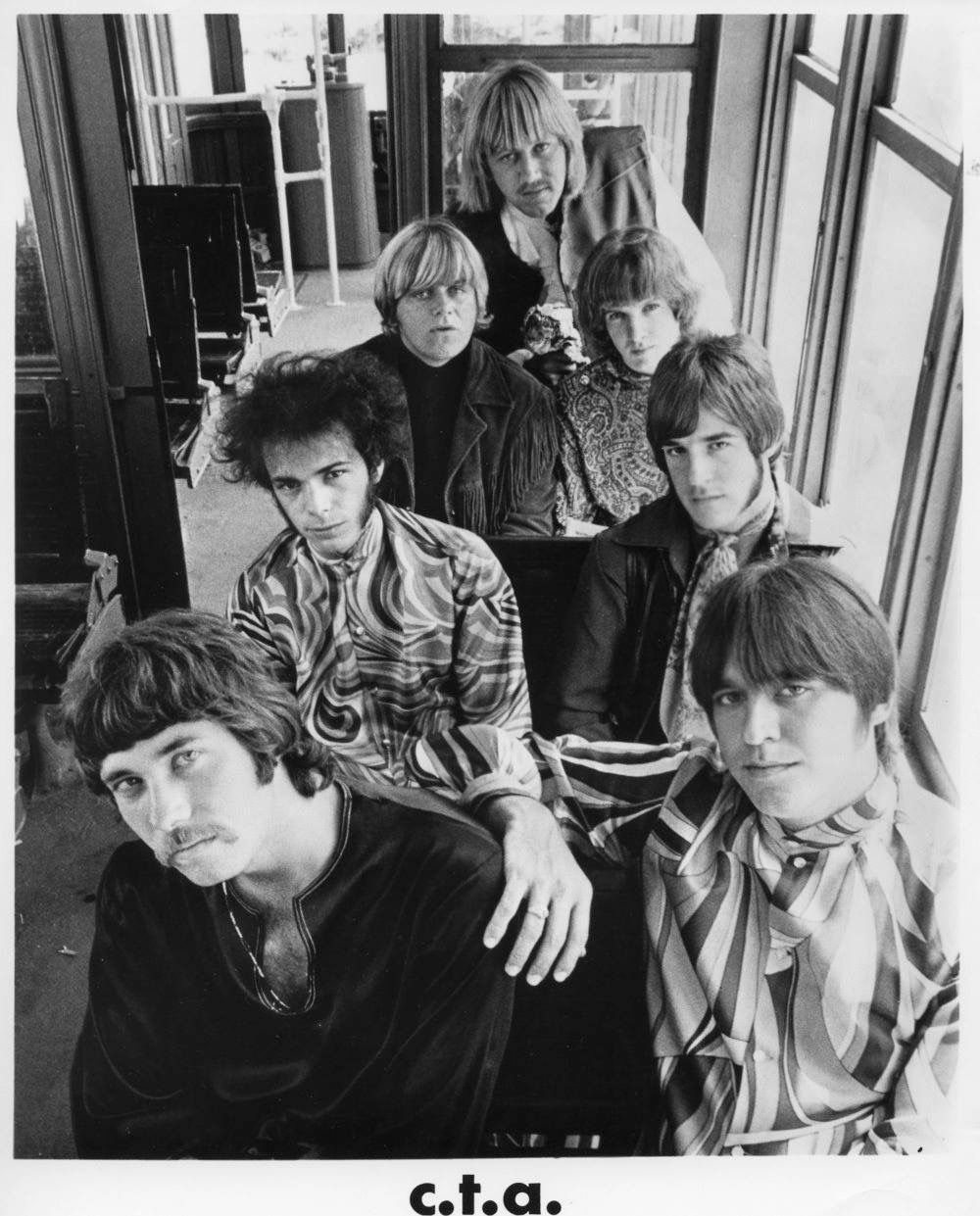
A Timeless Ballad of Regret and Reconciliation
“Hard to Say I’m Sorry” by Chicago is a poignant anthem that effortlessly captures the essence of regret and the arduous journey toward reconciliation. Released in 1982 as the lead single from their album “Chicago 16,” this song marked a significant turning point in the band’s career, both musically and commercially. It climbed to the top of the Billboard Hot 100 chart, securing the number one spot and reaffirming Chicago’s place in the pantheon of classic rock greats.
The early 1980s was a time of transformation for Chicago. Known for their distinct fusion of rock with intricate horn arrangements, the band was navigating through a musical landscape that was rapidly changing. The departure of founding member and guitarist Terry Kath in 1978 had left an indelible mark on the band, prompting them to explore new directions. Enter David Foster, a visionary producer whose touch would steer Chicago into uncharted waters. With Foster at the helm, “Chicago 16” embraced a more polished, radio-friendly sound that introduced synthesizers and power ballads into their repertoire.
“Hard to Say I’m Sorry” stands as a testament to this evolution. Co-written by band member Peter Cetera and producer David Foster, the song encapsulates the universal struggle of swallowing one’s pride to mend a fractured relationship. Its lyrics are an earnest confession, acknowledging past mistakes while pleading for forgiveness—a sentiment that resonates deeply with listeners of all ages. Cetera’s emotive vocal delivery, coupled with Foster’s lush production, creates an atmosphere of vulnerability and yearning.
For those who lived through the early ’80s, hearing “Hard to Say I’m Sorry” is like stepping into a time capsule that transports them back to a world where emotions were raw, and music was a conduit for expressing what words often couldn’t. The song’s opening piano chords immediately evoke a sense of nostalgia, reminding listeners of days gone by when relationships were navigated without the buffer of digital communication. It speaks to a generation that valued heartfelt apologies delivered face-to-face, underscoring the courage it takes to confront one’s faults directly.
The story behind “Hard to Say I’m Sorry” is as compelling as its lyrics. Peter Cetera drew inspiration from personal experiences, channeling his own struggles with relationships into the song’s narrative. This authenticity is palpable, lending an air of sincerity that only enhances its impact. It’s this genuine quality that has allowed the song to endure over decades, continuing to touch hearts and inspire reflection.
Musically, “Hard to Say I’m Sorry” is a masterclass in composition. The arrangement builds gradually, starting with tender piano notes before crescendoing into a powerful orchestral climax. This progression mirrors the emotional journey within the lyrics—from hesitation and introspection to an impassioned plea for reconciliation. The instrumental break midway through the song serves as a cathartic release, providing listeners with a moment to absorb and reflect on its message.
As we revisit Chicago’s “Hard to Say I’m Sorry,” we are reminded of its timeless appeal. It’s more than just a song; it’s an emotional experience that invites us to confront our own vulnerabilities and embrace the healing power of apology. For older listeners, it evokes memories of love lost and found, while younger audiences can glean wisdom from its introspective narrative.
In today’s fast-paced world, where apologies are often reduced to text messages or social media posts, “Hard to Say I’m Sorry” stands as a poignant reminder of the importance of sincerity and humility in repairing broken bonds. It’s a musical journey that encourages us all to look inward, acknowledge our missteps, and muster the courage to say those difficult words: “I’m sorry.”
